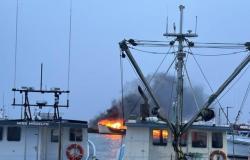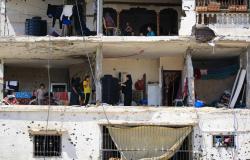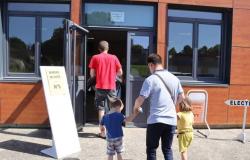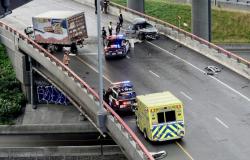According to Lebanese whistleblowers, Hezbollah is using Beirut international airport to store large quantities of Iranian weapons, the Telegraph.
The outlet claims that the Iran-backed terrorist group uses Beirut-Rafic Hariri International Airport to store various weapons, including ballistic missiles, unguided artillery rockets and laser-guided anti-tank missiles. A highly explosive and toxic white powder, known as RDX, is also stored at the airport, sources say.
An airport worker told the Telegraph that the weapons arrive at the airport on flights from Iran in “large, mysterious boxes”.
“When they started arriving at the airport, my friends and I were scared because we knew something strange was happening,” he testified, adding that the situation is “extremely severe”.
According to the sources, shipments from Iran have increased significantly since the start of the Gaza war, raising fears that the airport could become a military target if a war breaks out between Israel and Hezbollah. “If they continue to bring in these goods that I am not allowed to check, I really believe that I will die from the explosion or that Israel will bomb ‘the goods’,” says one source. “It’s not just about us, but also about civilians, about those who enter and leave the airport, about those who go on vacation. If the airport is bombed, Lebanon is finished.” Lebanon’s outgoing Minister of Transport and Public Works, Ali Hamiyé, spoke at a press conference and refuted the allegations in the article published by the British daily.






